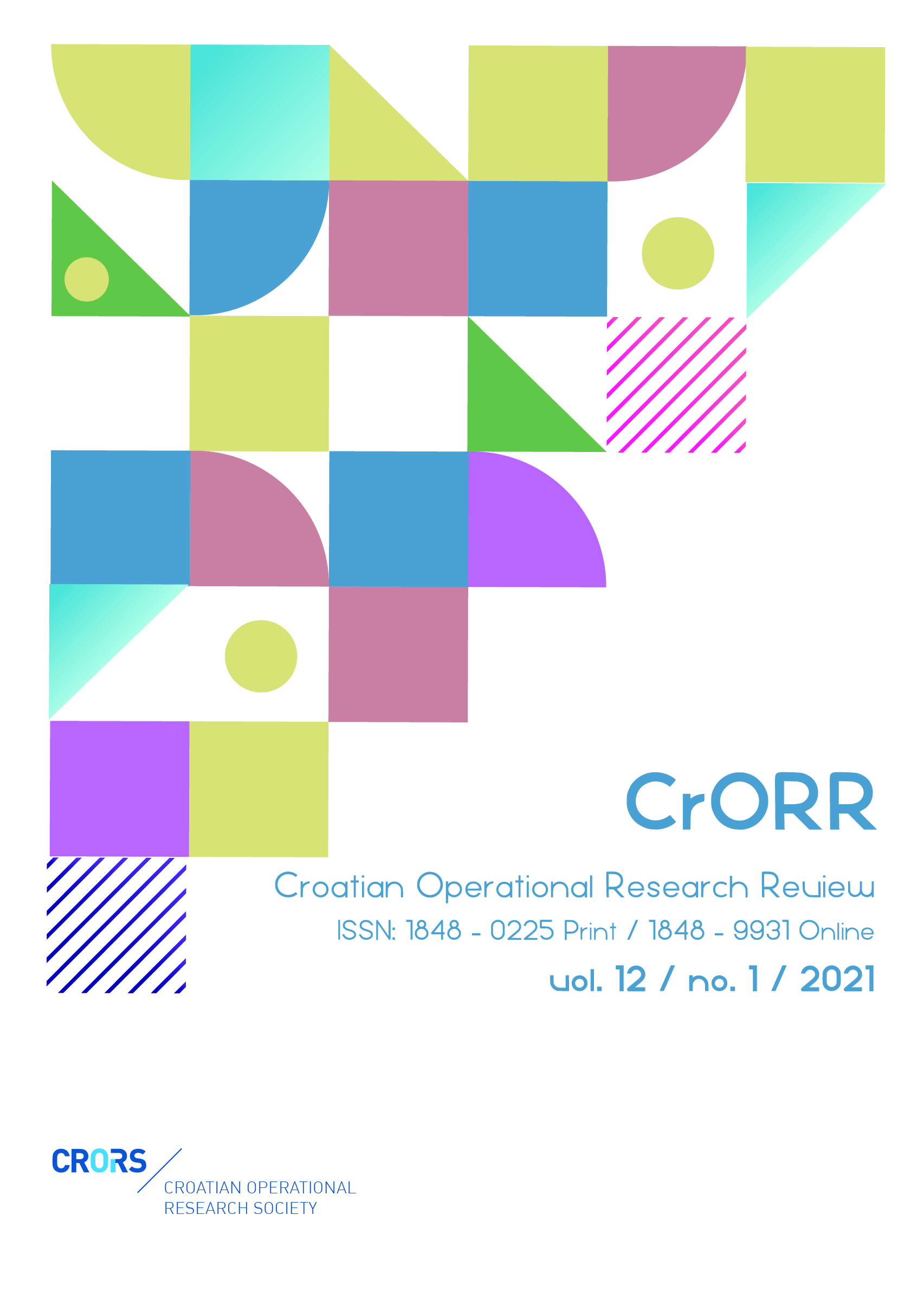Ranking of hydropower projects based on sustainability criteria in India using multicriteria decision making methods
Abstract
Assessment of hydropower projects with respect to sustainability criteria is a multidimensional and complex issue. It requires considering technical, environmental, and social parameters instead of purely economic ones in decision making for energy planning. The flexibility to consider several criteria and objectives simultaneously leads to the use of multicriteria decision making (MCDM) methods which are well accepted in the field of energy planning. This paper aims at applying MCDM methods in facilitating the decision makers to select the most sustainable hydropower projects in the Indian region by making real and logical choices based on eight important criteria selected from the literature that are compatible with sustainable development. To comprehensively rank hydropower projects three MCDM methods are applied i.e., the technique for order of preference by similarity to ideal solution (TOPSIS), preference ranking organization method for enrichment evaluations (PROMETHEE II), and elimination and choice translating reality (ELECTRE III). Analytic hierarchy process (AHP) is used to calculate the weights of criteria. All three methods are well adapted for sustainability assessment and ranked Sharavathi (A9), Bhakra (A2), and Upper Indravati (A13) to be the most sustainable hydropower projects in India under the selected criteria. The study will be helpful in sustainable energy planning of hydropower projects with similar geographical conditions.
Downloads
Published
Issue
Section
License
- Authors retain copyright and grant the journal right of first publication with the work simultaneously licensed under a Creative Commons Attribution License that allows others to share the work with an acknowledgement of the work's authorship and initial publication in this journal
- Authors are able to enter into separate, additional contractual arrangements for the non-exclusive distribution of the journal's published version of the work (e.g., post it to an institutional repository or publish it in a book), with an acknowledgement of its initial publication in this journal.
- Authors are permitted and encouraged to post their work online (e.g., in institutional repositories or on their website) prior to and during the submission process, as it can lead to productive exchanges, as well as earlier and greater citation of published work (See The Effect of Open Access).


